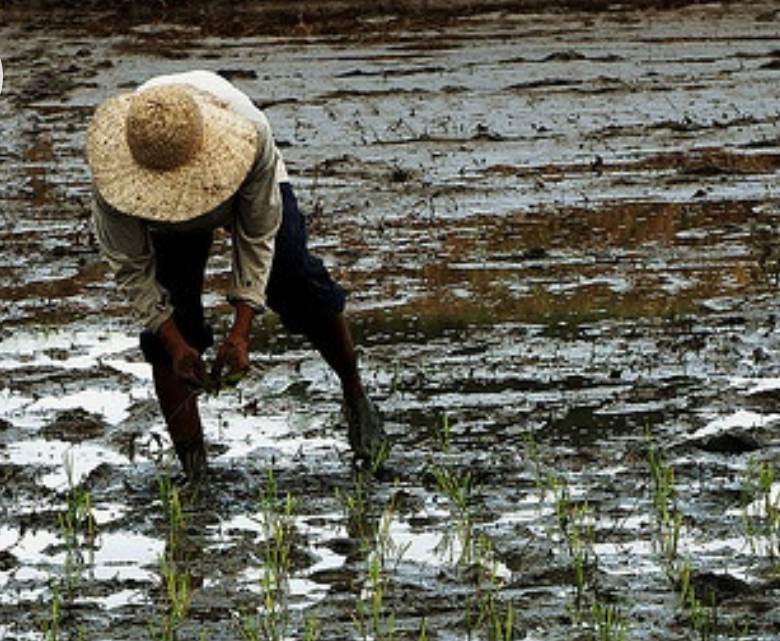We know too well that rice is the staple food of many people. It is considered as one primary source of energy for our body. That is why many of our people, particularly those engaged in manual labor, would look for rice more than any other food. Farmers and laborers are sustained by the staple even with less viand for their meals. This group of workers could not withstand a day’s labor without eating ample amount of the staple. But other workers or even those who are not engage in productive occupation are similarly dependent on rice as basic food.
It may be because we are made to grow on rice beginning from infancy that we develop dependency on rice. It seems tough to depart from what we have grown and lived with all our lives. It is the primary food that had been implanted in our consciousness to the point that we starve for it and remain feeling hungry without it. The greatest irony is while we have been trained to grow by rice, many of us had not been trained to grow rice. It is being implanted in our consciousness as the basic food is not coupled with the consciousness to plant that food. We had in short been engrossed in a culture that depends on rice as our staple food but production seems not part of the culture.
While faced with this real inequity, many of our farmers are realizing the difficulty of their living, pushing them to aim or just dream from being freed out of the chains of their impoverishment. This explains why they work too hard to see their offspring who are to succeed them, earn education and acquire other skills that would bring them financial freedom. The trend of farmers’ children trying to take painstaking sacrifices to be educated and be at par in the global competition is epic.
That has been so in so many decades and we have success stories of professionals reaping the best the world can offer for their once impoverished situation. We take pride and are happy with such inspiring tales but we miss so much of the most important message it sends to all and sundry aside from the lessons of hard work and the proving of the adage that poverty is not a hindrance to success.
But the trend is alarming than inspiring as many of us would like to believe. The departure of many from the bondage of the soil and cruel exploitation of such unjust social order had actually been gradually depleting the working hands that till our lands. Efforts of government to reclaim so much land or find compensation from those lost to land conversions would be futile due to the bitter reality that the work force in the farms had dwindled significantly over the years. Many of our productive generation, those within the working-age population, had been pushed by poverty to become domestic and blue collar workers in foreign shores. comments to alellema@yahoo.com

